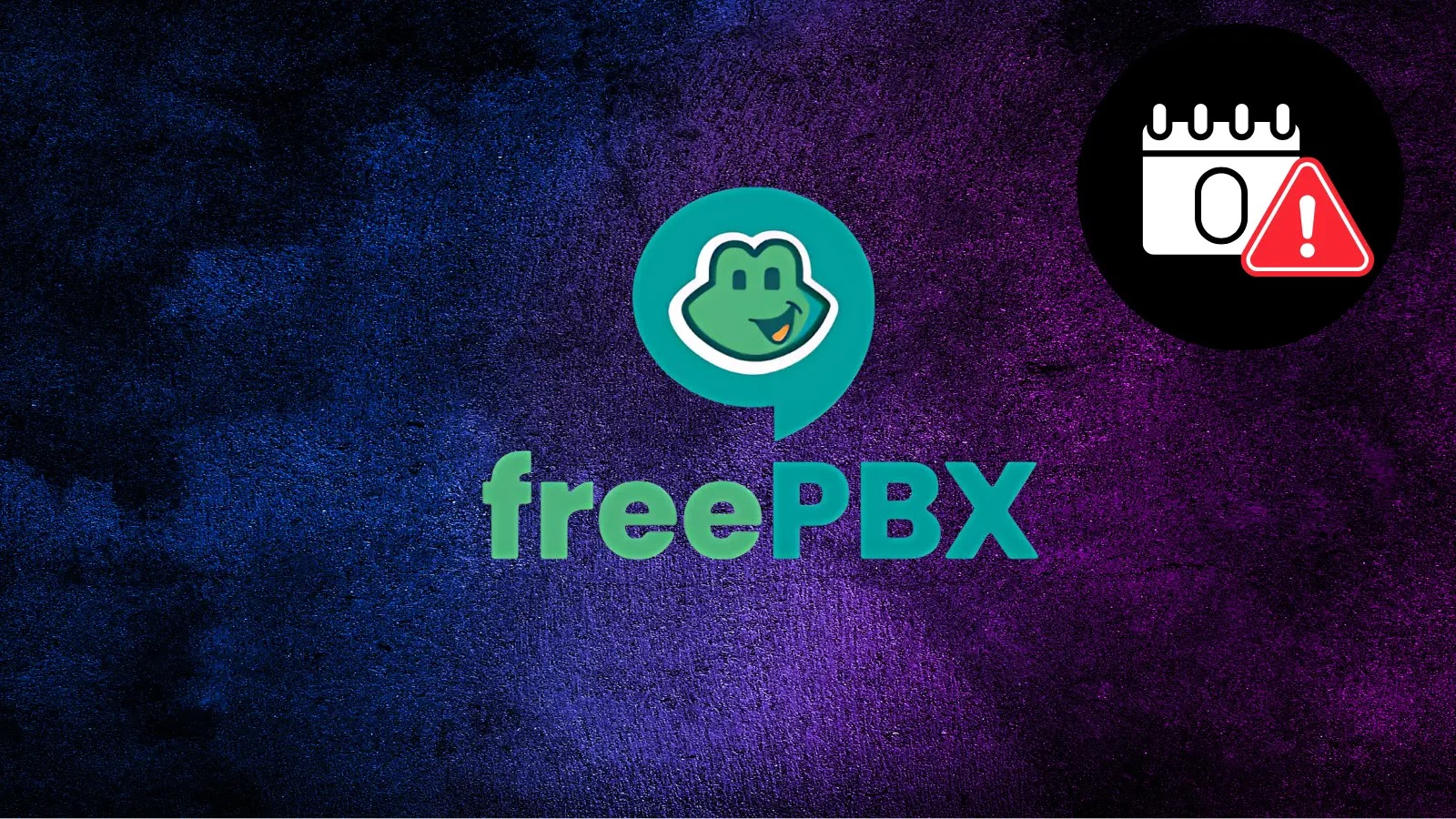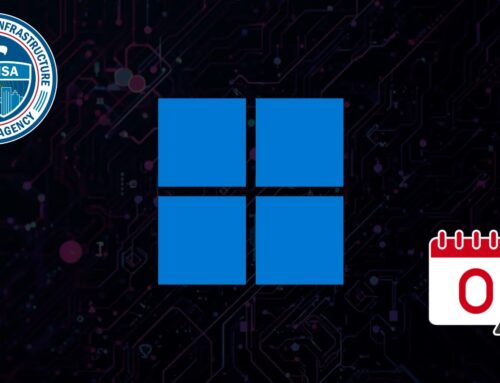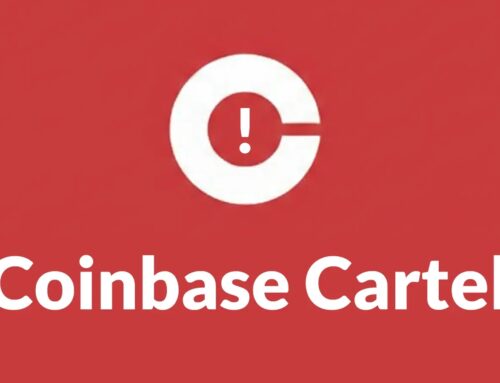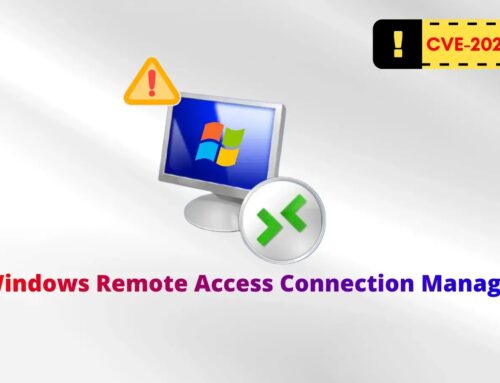
FreePBX Servers Hacked in 0-Day Attack – Admins are Urged to Disable Internet Access
Urgent Warning: FreePBX Servers Under 0-Day Attack – Immediate Action Required
In a critical development for voice over IP (VoIP) infrastructure, a severe zero-day exploit is actively being leveraged against exposed FreePBX 16 and 17 systems. Threat actors are exploiting an unauthenticated privilege escalation vulnerability within the commercial Endpoint Manager module, leading to remote code execution (RCE). This compromise is especially concerning as it targets FreePBX instances accessible from the public internet, posing a significant risk to organizations relying on these communication platforms.
With active compromises detected as early as August 21, 2025, FreePBX administrators must prioritize immediate action to secure their systems and mitigate potential breaches. This urgent advisory details the threat, its implications, and provides actionable remediation steps.
Understanding the FreePBX 0-Day Vulnerability
The core of this critical FreePBX security vulnerability lies within the commercial Endpoint Manager module. Specifically, it’s an unauthenticated privilege escalation flaw that attackers can exploit to gain elevated access without needing valid credentials. Once successfully exploited, this access can lead directly to remote code execution (RCE), allowing threat actors to run arbitrary commands on the compromised server.
The vulnerability is particularly dangerous because it bypasses standard authentication mechanisms. If your FreePBX Administrator Control Panel is reachable from the public internet, your system is at high risk. This means attackers can initiate the exploit directly from anywhere, turning an internet-facing FreePBX server into a gateway for broader network compromise.
While a specific CVE number for this immediate zero-day exploit has not yet been publicly assigned (as is common with actively exploited zero-days), it is imperative to act as if a critical CVE had been released. Keep an eye on official FreePBX advisories for potential future CVE assignments once patches are available.
Impact of a FreePBX Server Compromise
A successful RCE on a FreePBX server can have devastating consequences:
- Data Exfiltration: Attackers can steal sensitive call data, voicemails, user credentials, and configuration files.
- Espionage and Eavesdropping: Compromised VoIP systems can be used to listen in on private conversations.
- Ransomware Deployment: The server can be used as a beachhead to deploy ransomware across the entire network.
- Further Network Penetration: A compromised FreePBX server, often trusted within internal networks, can be used to pivot to other systems.
- Service Disruption: Attackers could disable or manipulate critical communication services, leading to operational downtime.
- Reputational Damage: Data breaches and communication disruptions can severely damage an organization’s reputation.
Remediation Actions: Secure Your FreePBX Servers NOW
Immediate and decisive action is paramount to protect your FreePBX environment. Follow these steps without delay:
- Disable Public Internet Access to Administrative Interfaces: This is the most critical and immediate mitigation. Configure your firewall to restrict access to the FreePBX Administrator Control Panel (typically on port 80 or 443) only from trusted internal IP addresses or via a secure VPN. This prevents external attackers from reaching the vulnerable component.
- Review Firewall Rules: Scrutinize all inbound firewall rules to ensure only necessary ports are open to the internet. Principle of least privilege applies to network access.
- Isolate FreePBX Servers: If immediate patching or disabling internet access is not feasible, consider isolating your FreePBX server on a separate network segment with strict outbound and inbound traffic controls.
- Monitor for Suspicious Activity: Actively monitor your server logs for unusual processes, unauthorized file modifications, or unexpected outbound connections. Pay close attention to processes spawned by the Apache or Asterisk user.
- Backup Configuration and Data: Ensure you have current and verified backups of your FreePBX configuration and call data stored securely offline.
- Apply Patches (When Available): As soon as official patches for FreePBX 16 and 17, particularly for the Endpoint Manager module, are released, apply them immediately. Regularly check FreePBX’s official website and security advisories.
- Implement Multi-Factor Authentication (MFA): Although this vulnerability bypasses authentication, MFA adds a crucial layer of security for legitimate administrative access, reducing the risk of account takeover post-compromise.
- Conduct a Compromise Assessment: If your server was exposed, assume compromise. Conduct a forensic analysis to determine the extent of any breach.
Tools for Detection and Mitigation
Leveraging appropriate tools can aid in the detection of potential compromise and the overall security posture of your FreePBX deployment.
| Tool Name | Purpose | Link |
|---|---|---|
| Nmap | Network scanning to identify open ports and services, including FreePBX admin interfaces. | https://nmap.org/ |
| Wireshark | Network protocol analyzer for capturing and analyzing traffic, useful for detecting suspicious outbound connections from the FreePBX server. | https://www.wireshark.org/ |
| fail2ban | Intrusion prevention framework that bans IP addresses attempting multiple failed login attempts; customizable for various services. While not directly for this 0-day, it’s essential for overall FreePBX security. | https://www.fail2ban.org/ |
| Lynis | Security auditing tool for Linux systems, provides hardening recommendations for FreePBX’s underlying OS. | https://cisofy.com/lynis/ |
Conclusion: Prioritize FreePBX Security
The ongoing 0-day attacks against FreePBX 16 and 17 systems underscore the persistent threat landscape faced by critical infrastructure. The unauthenticated privilege escalation in the commercial Endpoint Manager module leading to RCE is a severe vulnerability that demands immediate attention. System administrators must prioritize restricting public internet access to their FreePBX administrative interfaces and remain vigilant for official security updates. Proactive security measures, continuous monitoring, and prompt response are vital to protect your organization’s communication systems from compromise.





